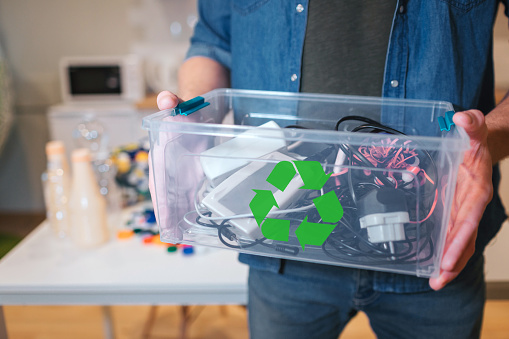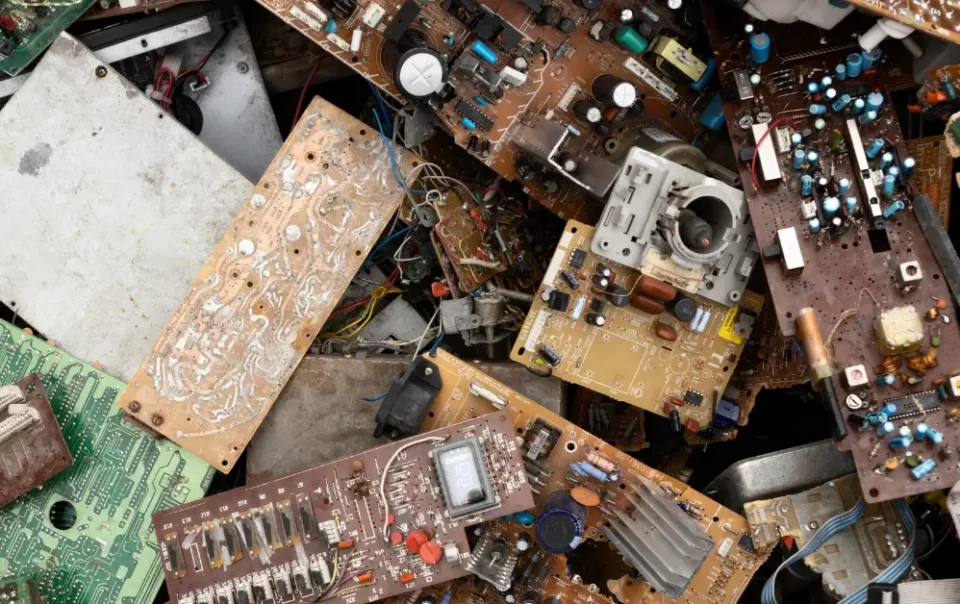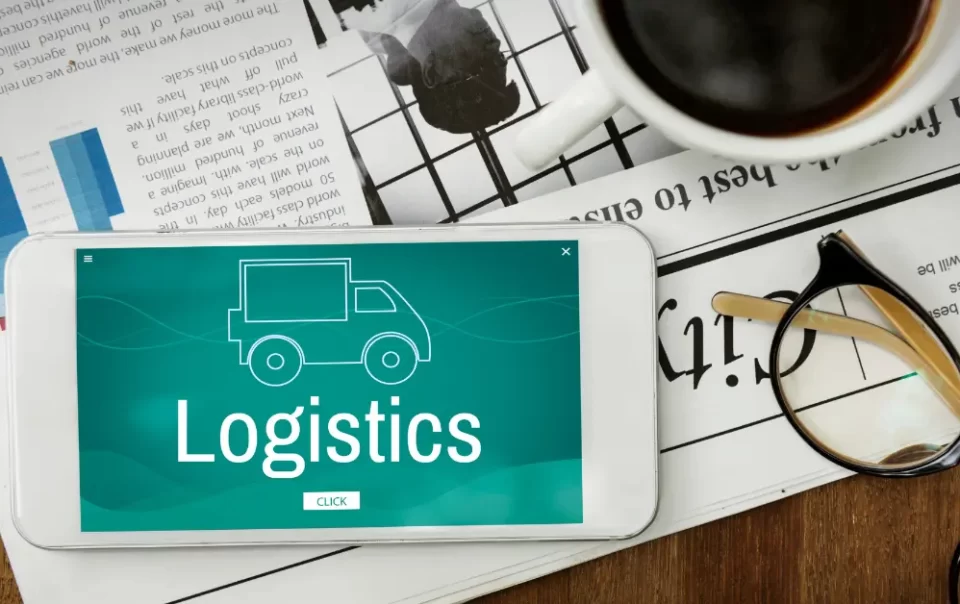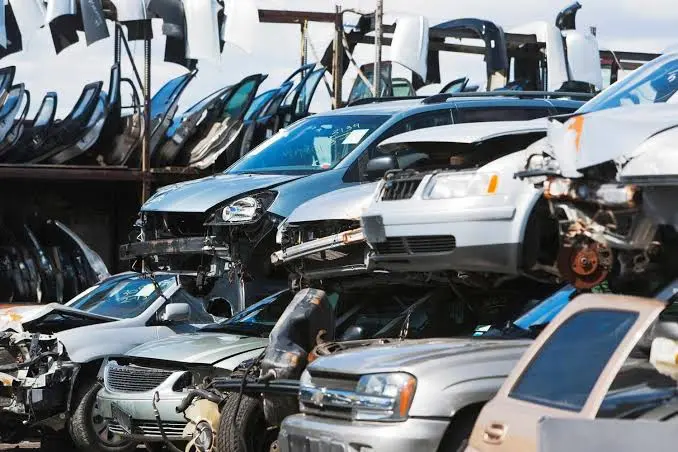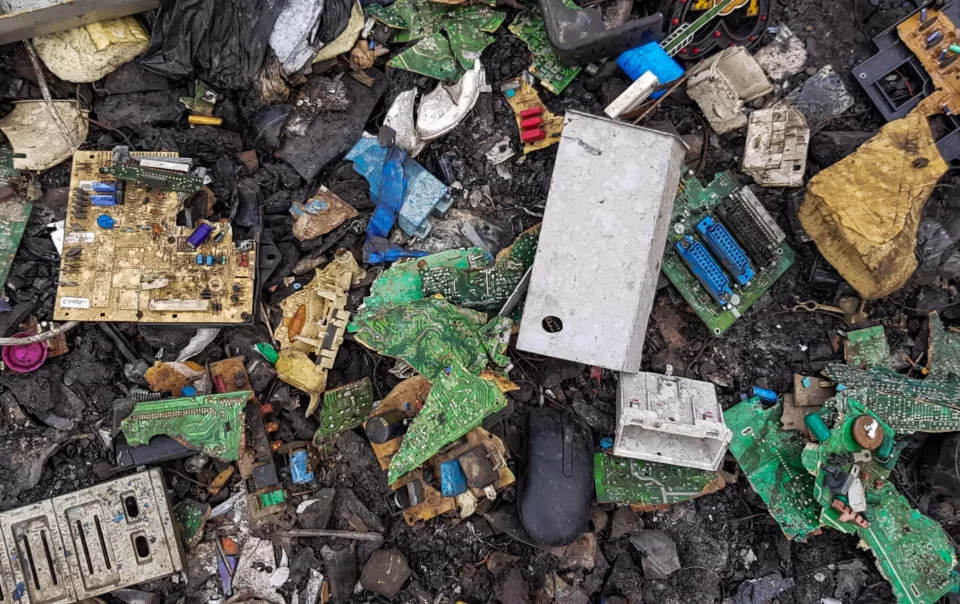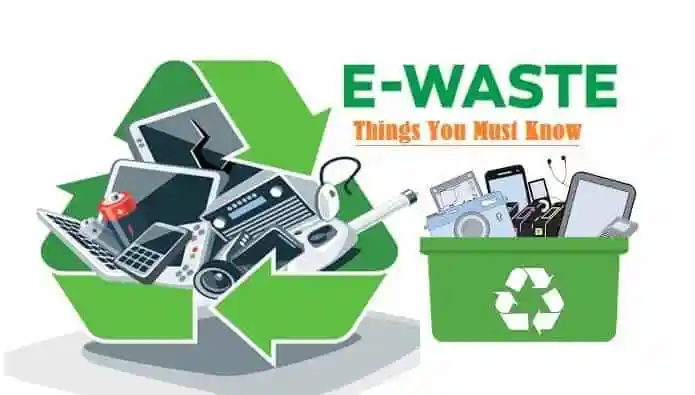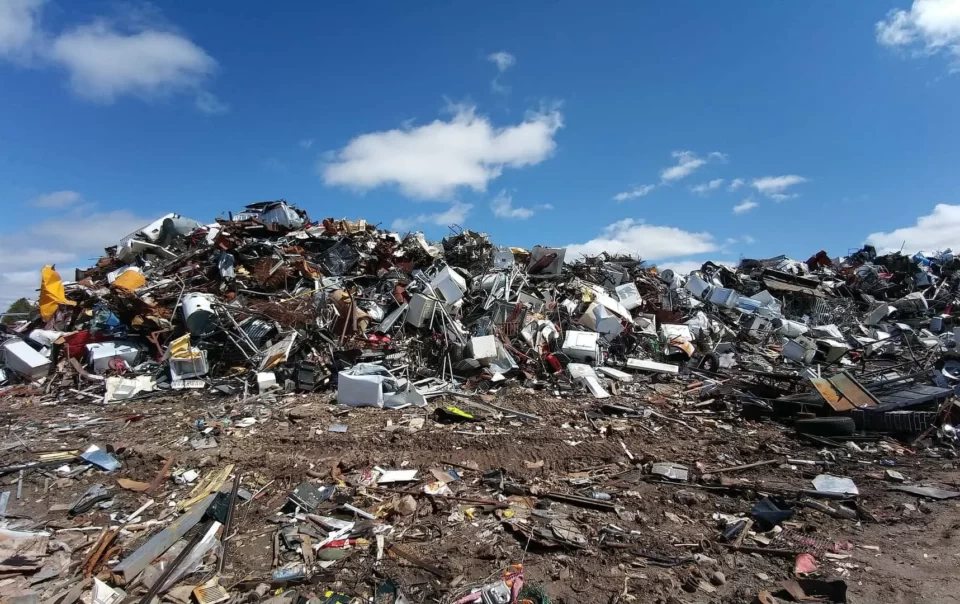Electronic waste, or e-waste, is a growing problem in today’s world. As more and more electronic devices are produced and disposed of, the amount of e-waste continues to increase.
E-waste
The exponential growth of electronic devices and technology has led to an increase in electronic waste, creating a pressing need for sustainable e-waste management and recycling.
E-waste is a major problem in today’s world, as electronic devices continue to be produced and disposed of at a rapid pace.
Automotive recycling is the process of recovering and recycling automotive parts and materials at the end of a vehicle’s life cycle.
Though Indian society, especially younger generation has a serious dose of e-waste awareness. People are very much aware of electronic waste but they do not get the chance to dispose of their old phones, lamps, mobile chargers, and more.
In the past decade, more and more organisations have started adopting sustainable IT solutions. This has led to a decrease in the amount of IT e-waste sent to landfills.
The demand for electronic waste disposal has increased dramatically over the last decade. It’s a problem that affects everyone in some way, no matter where you live or what kind of business you’re running.
The environmental impact of Electronic Waste Management in India is an important and rapidly growing topic? This has led to major concerns about the condition of the environment and how our exposure to electronic waste is affecting the health of people and animals.
